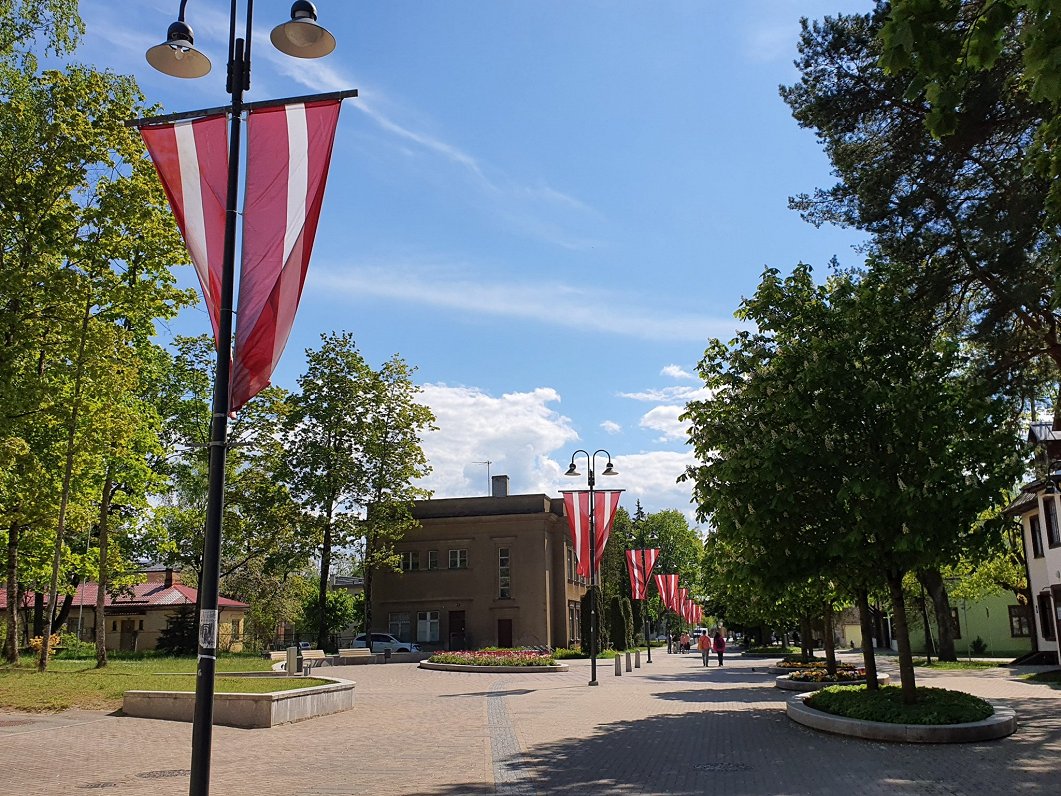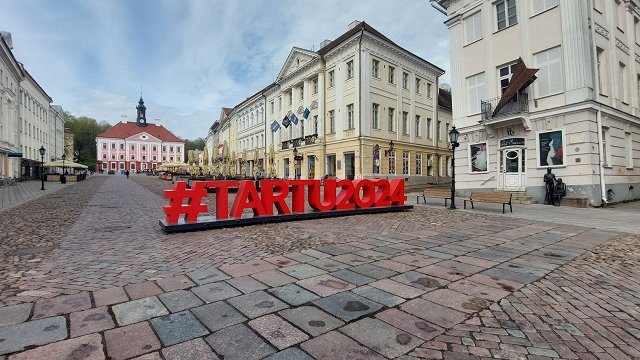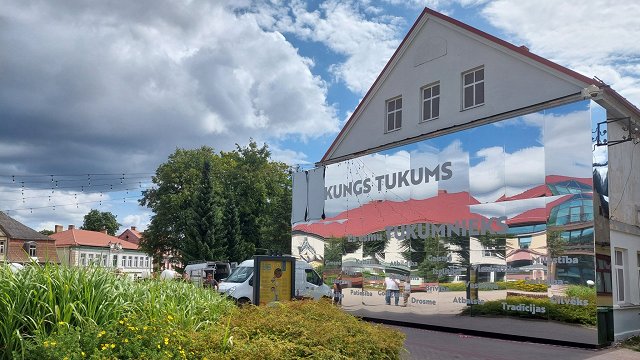Hear the name Ogre, and you could be forgiven for thinking you’re dealing with bloodthirsty monsters. In reality, the only danger in this pleasant commuter town 40 kilometres southeast of Riga may be getting your feet wet during spring flooding of the Ogre rivers from which the town takes its name.
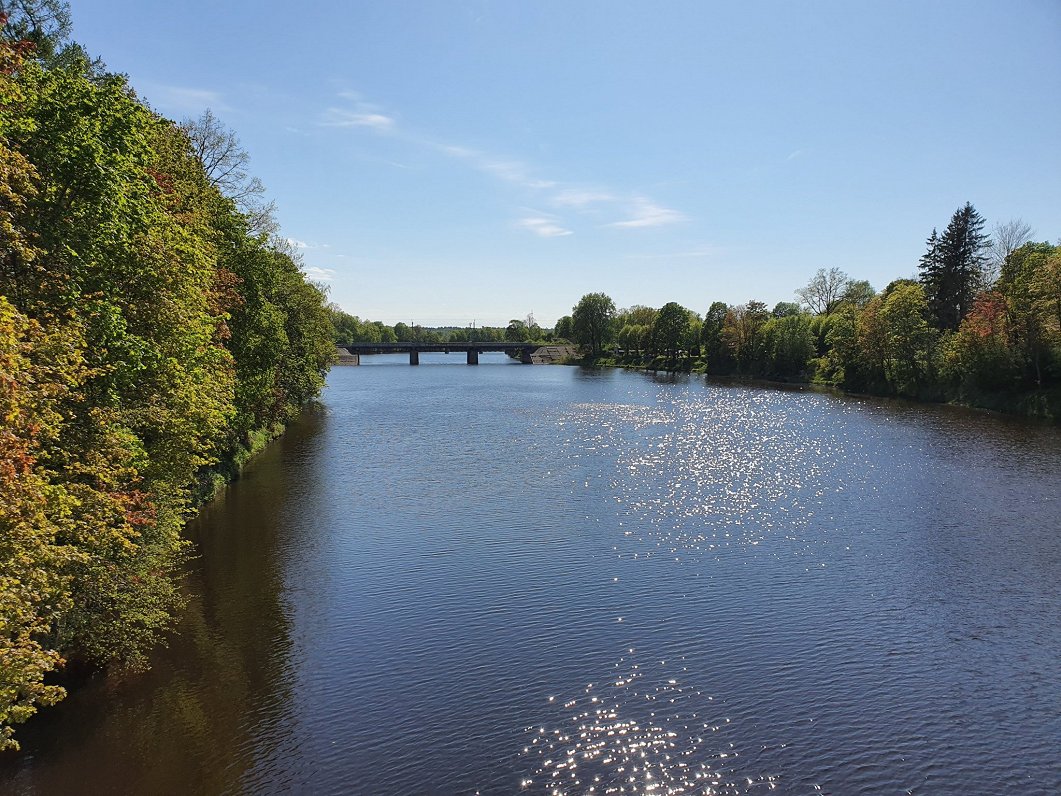
The last time the place caused major cultural waves was way back in 1985. On the way home from a gig by rock group Pērkons in Ogre ‘s open air arena, a bunch of teenagers demolished a railway carriage, and these rebellious spirits were movingly interviewed in Juris Podnieks’ acclaimed documentary Is it Easy to be Young?
Now, Ogre thinks it is time to remind the world about itself. The city will celebrate its centenary in 2028, and being a European Capital of Culture the year before would be the icing on the cake.
“What we really want is a party for ourselves and our friends,” says Atvars Lakstīgala, who is coordinating the ECC campaign for Ogre Municipality. “And European cultural buffs will get to enjoy a high-value cultural programme in a neat and tidy town.”
Down by the riverside
Even before throwing its hat into the ring, Ogre has been busily boosting its cultural infrastructure. The town’s new central library is a successful melding of contemporary design and ecological sustainability, while the restoration of the old sanatorium with superb murals by prewar artist Ansis Cīrulis is a major step for heritage preservation.
By 2025, Ogre should have a new musical theatre, a one-of-a-kind in Latvia. According to Atvars, that will mean a capital of cultural humming with operettas, as well as choral and folk dancing events courtesy of the county’s amateur troupes. There will also be a cultural festival with the accent on Vilhelms Purvītis, a native son who laid the foundations of modern Latvian art.
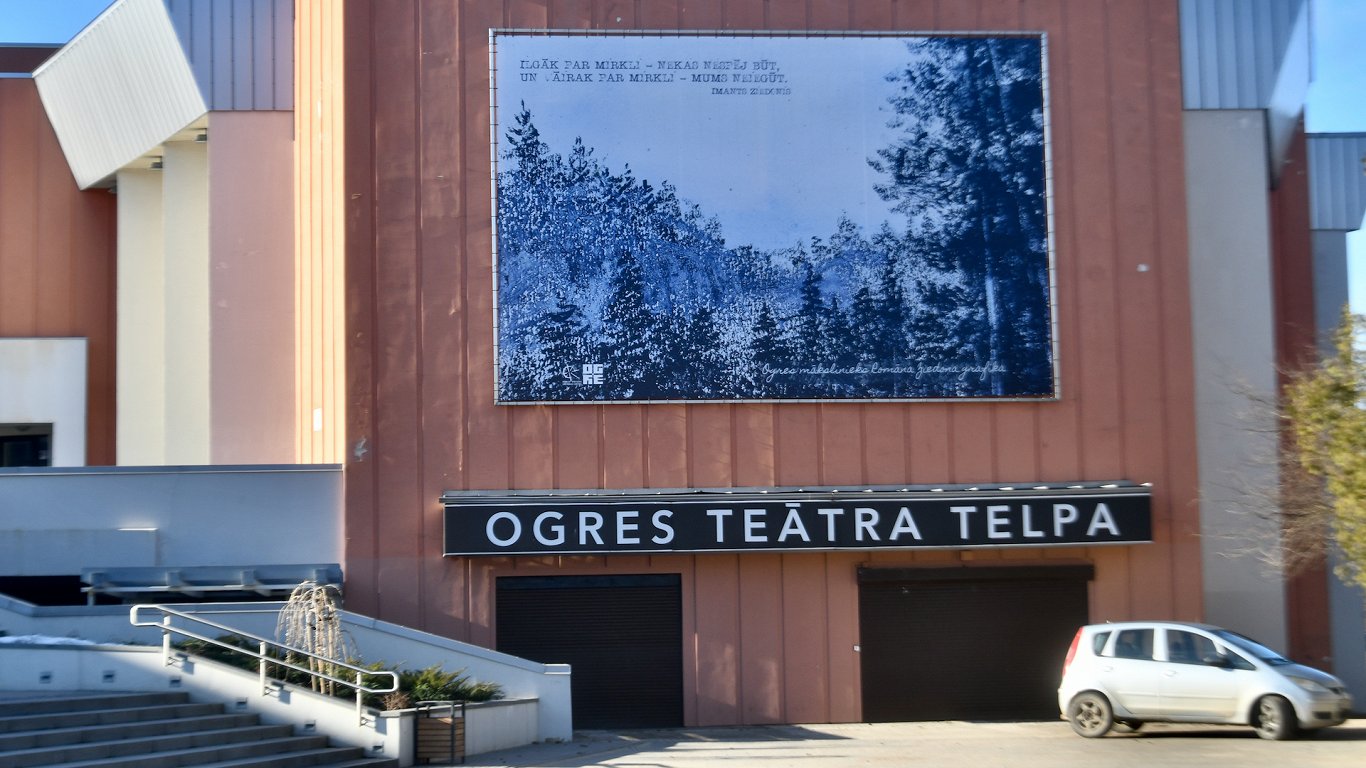
Ogre’s location in the geographic centre of Latvia, about an hour’s drive from Riga Airport, is another advantage.
“We can offer high-quality cultural products, and all of Europe can get here quickly and easily,” says Atvars.
With the upcoming expansion of Ogre Municipality, the bid takes in some powerful neighbouring cultural drawcards. Ikšķile is home to the ruins of a Catholic church built by the German missionary Meinhard in 1185, the oldest stone building in Latvia, which is now on an island thanks to Soviet hydroelectric projects. Atvars envisages a musical or theatre production about St. Meinhard at this evocative spot.
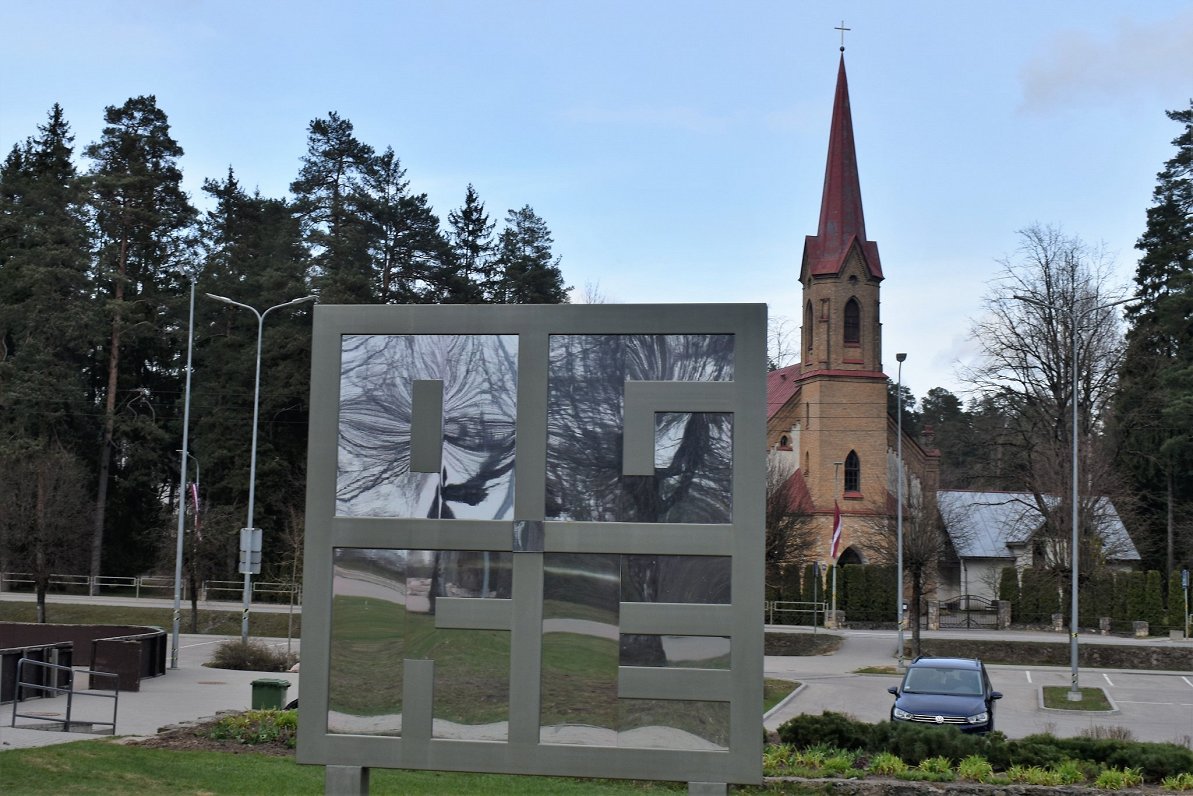
The area around Lielvārde is famously the setting for the Lāčplēsis epic, and in 2027 we might see a production of Zigmārs Liepiņš Bearslayer rock opera at the local outdoor arena. The motor racing track at Ķegums could be a sporting hub, while Atvars thinks the churches and historic schoolhouses of the district deserve attention, too.
And he also wants to highlight unique cultural events in rural communities, like an annual mushroom gathering competition in Tomes Parish.
“I think that’s something unique and wonderful – why not share it with all of Europe!” he says.
Top five attractions around Ogre
Set amidst undulating forests of pine and ash, this 300 hectare park has been soothing souls since Ogre’s heyday as a health resort. Enjoy spectacular views from the observation tower or burn calories mountain biking, dog sledding or skiing on the trails.
- Andrejs Pumpurs Lielvārde Museum
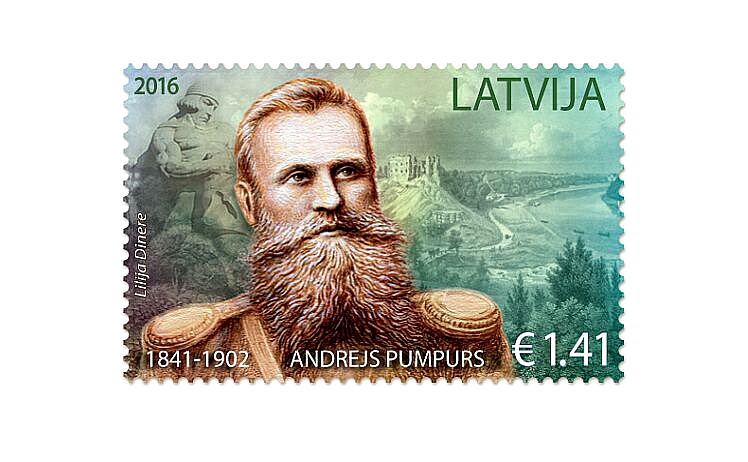
Set in a beautifully-restored barn on the banks of the Daugava, this museum celebrates some cornerstones of Latvian identity. Named in honour of the author of the Bear Slayer epic, it tells the tale of Lāčplēsis and his struggles with the Black Knight in the local area, as well as showing woven Lielvārde sashes, renowned for their intricate designs and ancient symbolism.
Every spring, Latvians put small taps into birch trees to extract the refreshing and reportedly very healthy sap. This family enterprise in Ikšķile has taken the beverage to new heights, conjuring up wines, lemonades and syrups made from the stuff. Book ahead for tasting sessions.
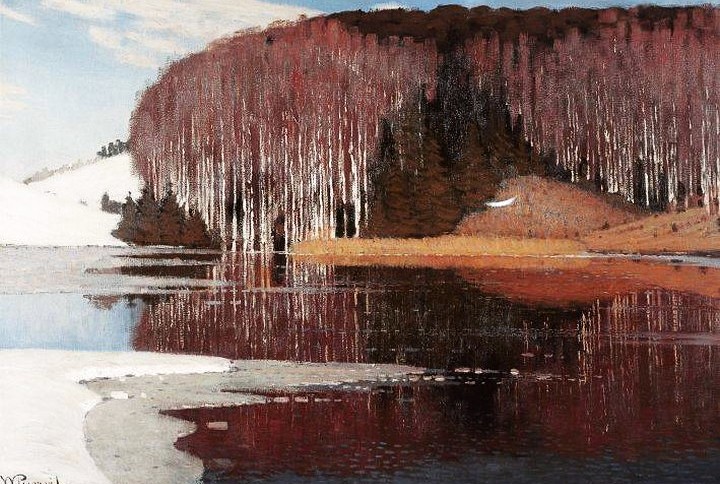
Born in this farmhouse in 1872, Vilhelms Purvītis was a pioneer of Latvian landscape painting, whose misty birch groves have defined our perception of the countryside. The property has been managed since the 1990s by Dutch museologist Margriet Lestraden, a lover of all things Latvian, and if you book ahead you can see the interior or even spend the night.
This exacting replica of an oak Viking longboat has room for 15 marauding passengers and is powered by a sail and six oarsmen (with an outboard motor on standby just in case). It takes part in historical re-enactments and can be rented for your special event.
